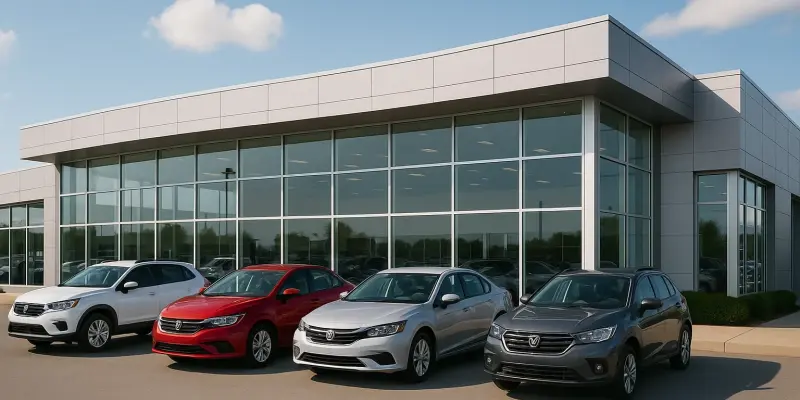As the automotive industry continuously seeks innovative ways to connect with customers, one intriguing development is the integration of automation into dealership operations. The recent collaboration between TradePending and Authenticom highlights a strategic shift toward using advanced technology to enhance customer retention and engagement. By automating communications with sold and serviced vehicle owners, dealerships can maintain important customer relationships over extended periods. This initiative addresses challenges dealerships encounter as consumers hold onto their vehicles longer, requiring new strategies to maintain seamless communication throughout the vehicle ownership cycle.
The partnership introduces automation into the mix, which promises to reduce advertising expenses while simultaneously keeping customers engaged with monthly updates and special service offers. This trend of embracing automation reflects a significant transformation within the industry, showcasing the potential to bridge gaps in dealership-customer interactions effectively. With technology like Authenticom’s data syndication capabilities and TradePending’s Value Watch product, the aim is not just to automate but to personalize these interactions. It’s a move toward ensuring that every customer feels valued and receives relevant information at precisely the right time.
The Power of Data Integration in Dealerships
Data integration in the automotive sector is transforming how dealerships interact with their customers, streamlining processes and ensuring personalized experiences. The collaboration between TradePending and Authenticom illustrates this synergy. Authenticom’s prowess in data syndication seamlessly merges with TradePending’s software, facilitating smooth communication and coordination throughout the ownership journey. The automated sharing of sold and serviced vehicle data enables dealerships to maintain consistent contact, ultimately enhancing customer loyalty and satisfaction. Today’s consumers appreciate convenience, and dealerships adopting automated systems ensure immediate access to targeted service offers and vehicle valuations. This approach not only fosters customer engagement but also enhances trust, as consumers receive timely, relevant updates without the need for manual follow-up. The strategic use of data integration driven by Authenticom’s advanced infrastructure ensures secure connectivity and streamlined processes, ultimately making dealerships indispensable partners throughout the automotive lifecycle.
Redefining Engagement with Automation
In a bid to connect with consumers, the automotive industry is innovating by integrating automation into dealership functions. This strategy has gained traction through the recent partnership between TradePending, known for its Value Watch product, and Authenticom, a leader in data syndication. The collaboration targets enhancing customer engagement and loyalty by automating communication with vehicle owners post-purchase or service. As drivers retain their cars longer, dealerships face challenges in maintaining consistent communication throughout the ownership cycle. Automation offers a solution by reducing marketing costs and keeping customers engaged through regular updates and exclusive service deals. This initiative highlights a significant evolution in dealership-customer interactions, leveraging technology to fill communication gaps effectively. Moreover, the focus is not solely on automation but personalization, ensuring that customers feel valued with tailored information delivered at optimal times. By adopting such technology, dealerships can foster lasting relationships with consumers.

